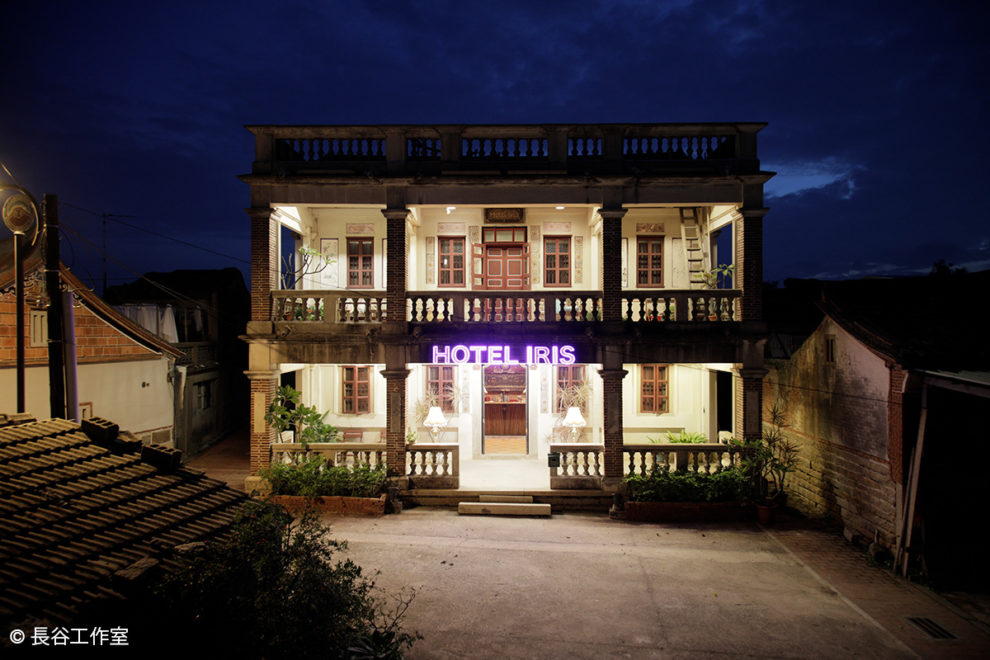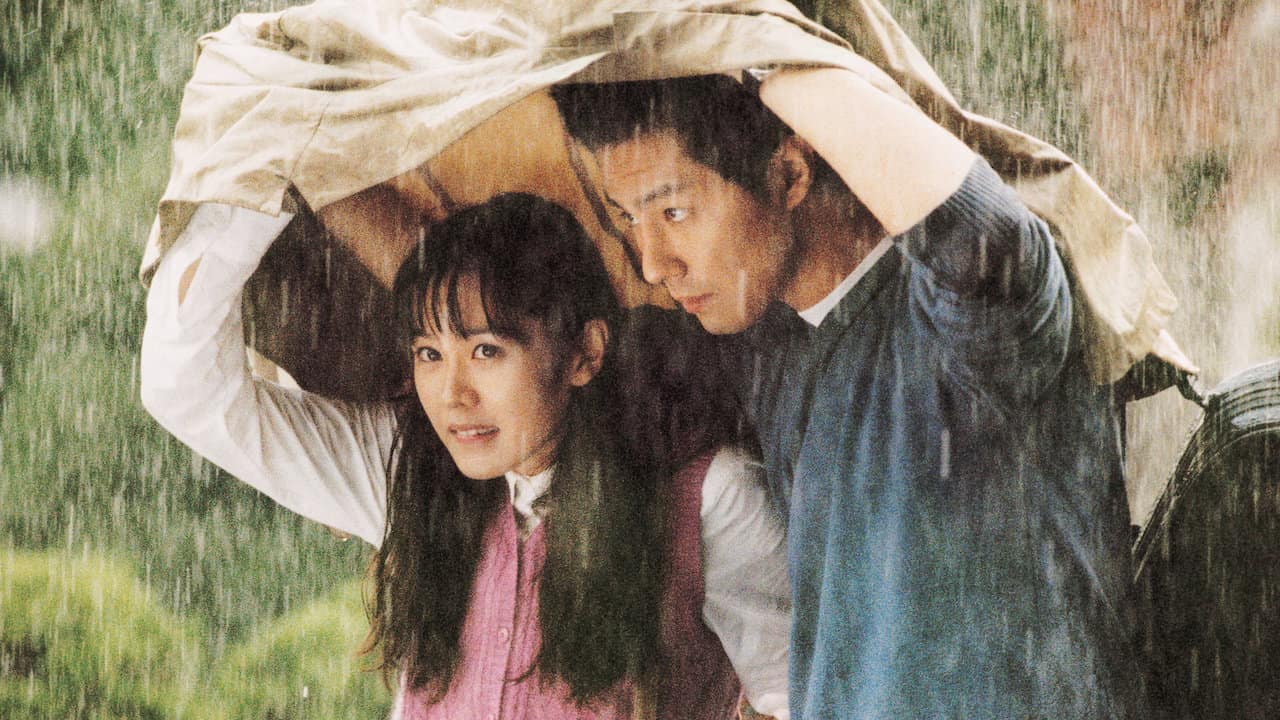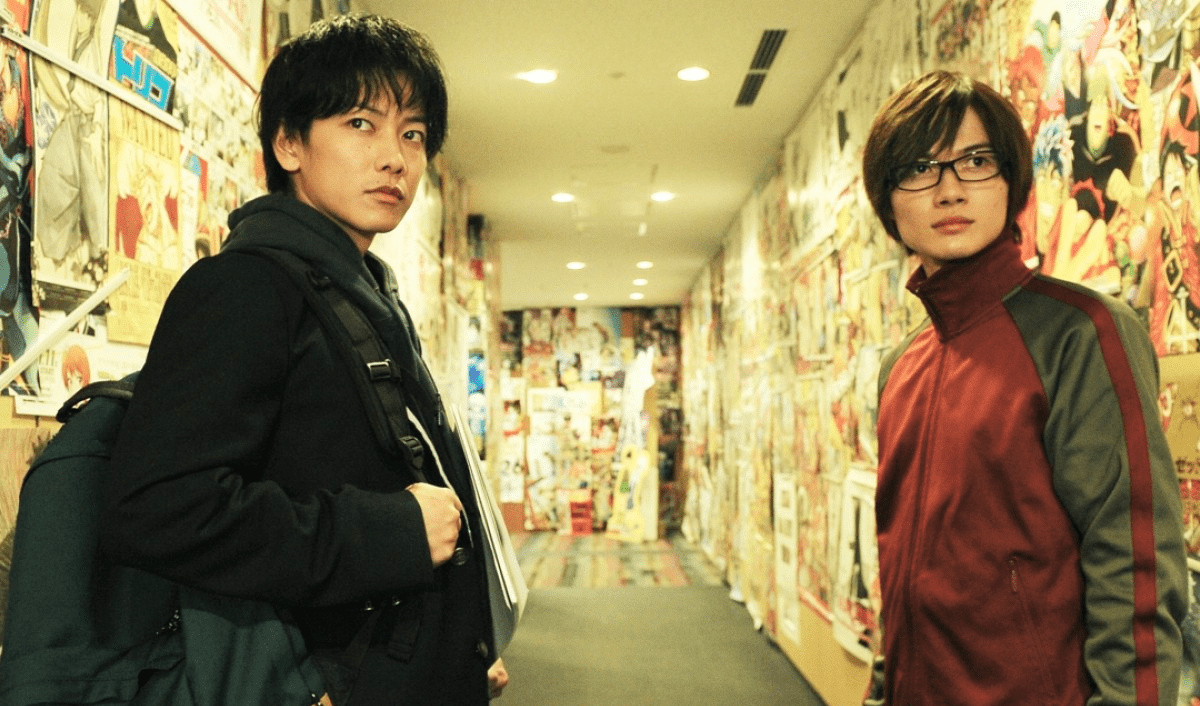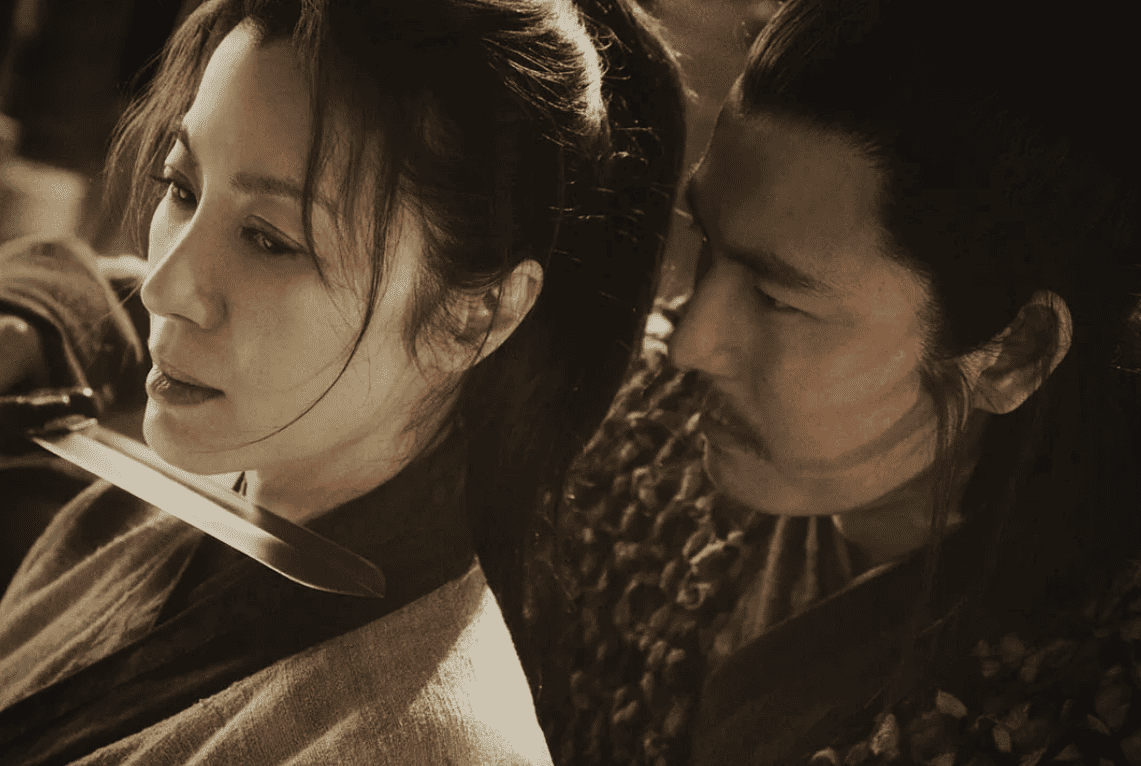Transferring Yoko Ogawa's “Hotel Iris” to cinema is not exactly an easy task, since the combination of sadomasochistic love and mystery is presented through a rather minimalist prism, which thrives mostly due to its atmosphere than the individual episodes. However, it is with great pleasure that I say that Hiroshi Okuhara has done a splendid job.
Hotel Iris is screening at Osaka Asian Film Festival

Hotel Iris is placed in a somewhat decrepit Taiwanese coast, which tourists and locals seem to share with a number of prostitutes. The hotel is run by a woman in her 50's who seems set on appearing much younger than she actually is, a tendency that extends to the way she dresses and makes up her face, and the way she conducts herself along younger men. At the same time, she has a rather passive-aggressive relationship with her lonely, half-Taiwanese daughter Mari, which is eloquently mirrored in her obsession with having her hair always impeccably made in the exact same way.
One night, Mari hears the cries of a woman from the upper floors. Heading up to investigate, she witnesses a distraught woman in a red camisole dress escape an impeccably dressed but violent man. Instead of being scared though, the girl finds herself fascinated by the man and decides to pursue him in an effort to learn more about him. The man is revealed a translator of Russian book, who lives in an isolated island across the coast, while many rumors surround his, generally, unusual behaviour. Mari, however, finds herself more and more captivated by his overall demeanor, and soon an intense sadomasochistic relationship begins. Eventually, the body of a dead woman complicates things even more, while the man's nephew also visits.
The devil is in the detail, and Hiroshi Okuhara directs a movie that takes the phrase to heart, as a subtle intensity dominates the narrative. The way Mari is trapped by her mother is where this approach firstly becomes apparent, with the rundown hotel, her violent behaviour towards her daughter and her insistence on her hair highlighting the fact in the most eloquent way. The way that the mysterious man provides a means to an escape is even more excellently portrayed, with the way Mari runs through the narrow streets around the hotel to the openness of the coast to meet him, complementing the scenes where he loosens her hair, in a series of rather intricate metaphors.
At the same time, the atmosphere of mystery, and the secrets each character hides, and the reasons both the translator, but also Mari indulge in such violent relationship being impressively complemented by the murder, and the unusual way of research from a policeman who looks particularly despicable. Furthermore, the balance between the sadist and the masochist, and the question of who lures whom is also quite well portrayed, with Okuhara blurring an answer that seems quite clear in the beginning, through the appearance of the nephew.
Lastly, the narrative is concluded by the permeating eroticism, with the many S&M scenes being both violently sensual and artful, highlighting the excellent job in both cinematography and direction. This combination, along the performance of Lucia as Mari and Masatoshi Nagase as the translator in those scenes prevents them from becoming distastefully pornographic, instead highlighting their violent nature through a rather elegant approach that actually adds to the psychograph of the two protagonists. Particularly the framing, which both allows and prevents the viewer from witnessing Lucia's impressive body, emerges as one of the best parts of the film.
The overall perversion, however, is also permeating, and reaches its apogee with the appearance of the nephew, whose condition and overall events his presence trigger adding another level to the aforementioned atmosphere, with Kanichiro playing the role excellently. Lastly the eventual blurring of reality and fantasy adds even another level, which I feel though, could have been omitted.
The editing implements this atmosphere also excellently, through a leisurely pace that suits the narrative to perfection, allowing Okuhara to both analyze his characters and present the beauties of the era and particularly the sky without rushing. Granted, the film feels about overlong on occasion, but not to point to fault the overall taste the movie leaves significantly.
“Hotel Iris” is an intriguing movie that manages to transfer the intricate atmosphere of the novel in detail, in the process resulting into a triumph of both minimalism and perverse, but also subtle eroticism that also benefits the most by the performances and the chemistry of the leading actors.














